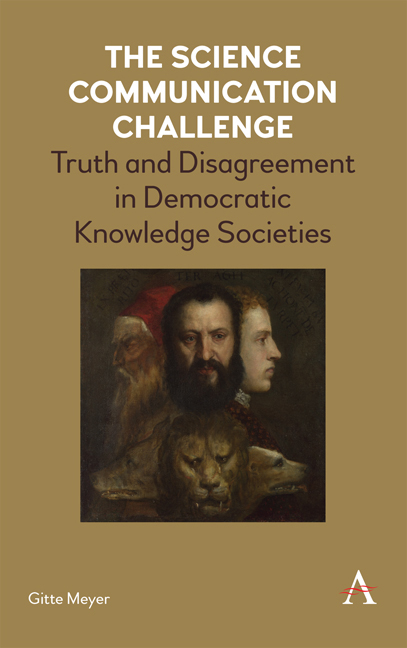Book contents
2 - Science as ‘Universal Light’
Published online by Cambridge University Press: 21 June 2018
Summary
After more than five centuries, Albrecht Dürer's painting Christ among the Doctors is still likely to have an unsettling effect on most intellectuals. Completed in 1506, it is a symbolic representation of a confrontation between good, in the shape of Christ, and evil, in the shape of learned doctors with demonic features. The painting can be seen as a birth declaration of the modern strategy of demonization. It is also a stark reminder of the ambivalence towards learning and knowledge that forms part of the early, intertwined histories of modern Western science and modern Western thought in general. Both features are still with us – a tendency to demonize opponents and an ambivalence towards learning and knowledge. Both hamper the ability of contemporary societies to sustain habits of civilized exchanges about scienceand technology- related issues.
The secularization brought about by the Reformation included a novel leaning towards the demonization of humans. The Devil, who in earlier centuries had been depicted as fantastic and frightening animal hybrids, acquired human forms and faces. Fear and contempt of, for instance, scholastic doctors could now be expressed by demonic representations of them.
The mental climate that accompanied and brought forth the Reformation was marked by a loathing of the Catholic priesthood and scholastic learning. In the 1660s, scholastic learning – taken, it seems, to encompass most of the arts and letters – appears to have been still considered a prime danger and enemy by the founders of the Royal Society, the parent, if ever there was one, of modern science. They challenged the authority of scholastic learning and – carried along by a movement of science enthusiasm – aspired to take its place. That enterprise has been hugely successful.
Today's widespread and forceful institutions of modern science, however, originating in rebellion against former authorities of learning and knowledge, appear to be very much at a loss when it comes to dealing critically with their own current status as knowledge authorities. The identity of modern science is surrounded by ambivalence and tension. There is ambivalence regarding how to deal with critique and critics. Demonization has remained an option.
- Type
- Chapter
- Information
- The Science Communication ChallengeTruth and Disagreement in Democratic Knowledge Societies, pp. 25 - 62Publisher: Anthem PressPrint publication year: 2018



